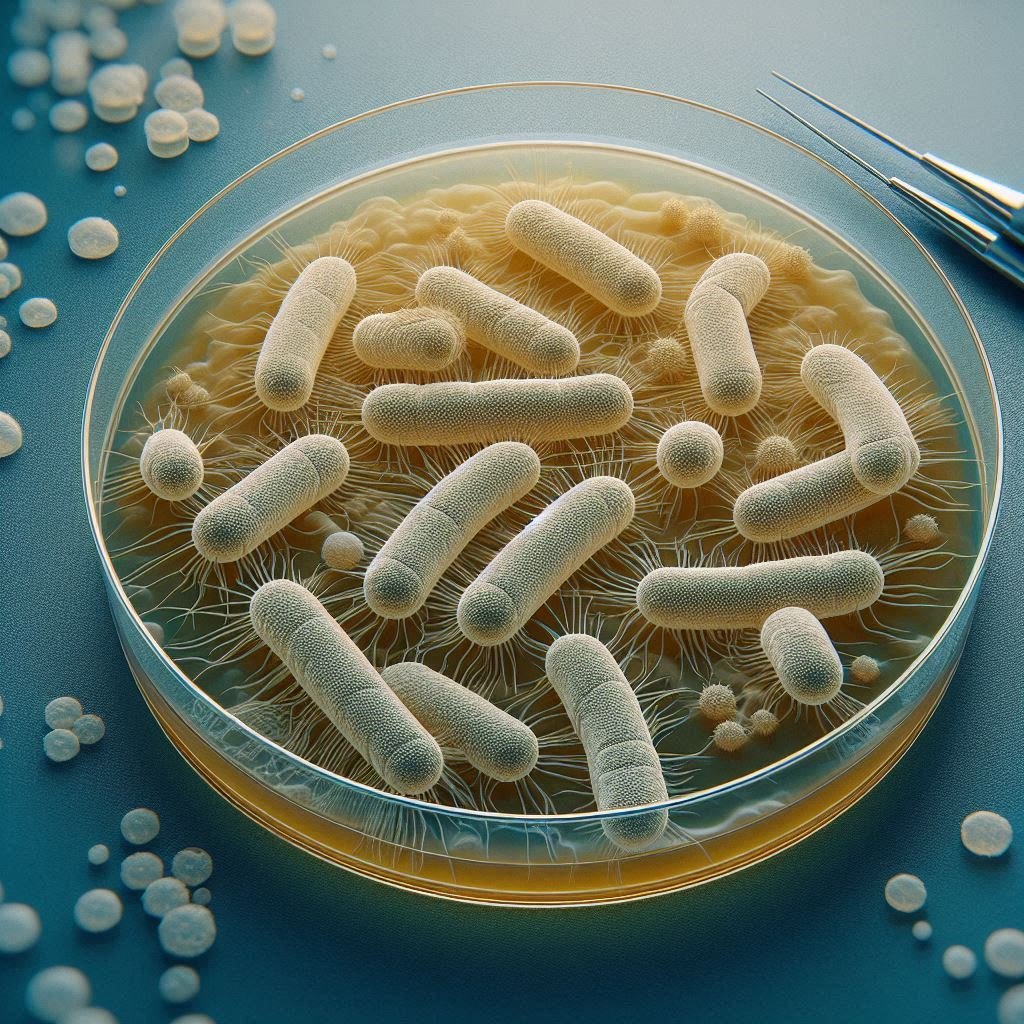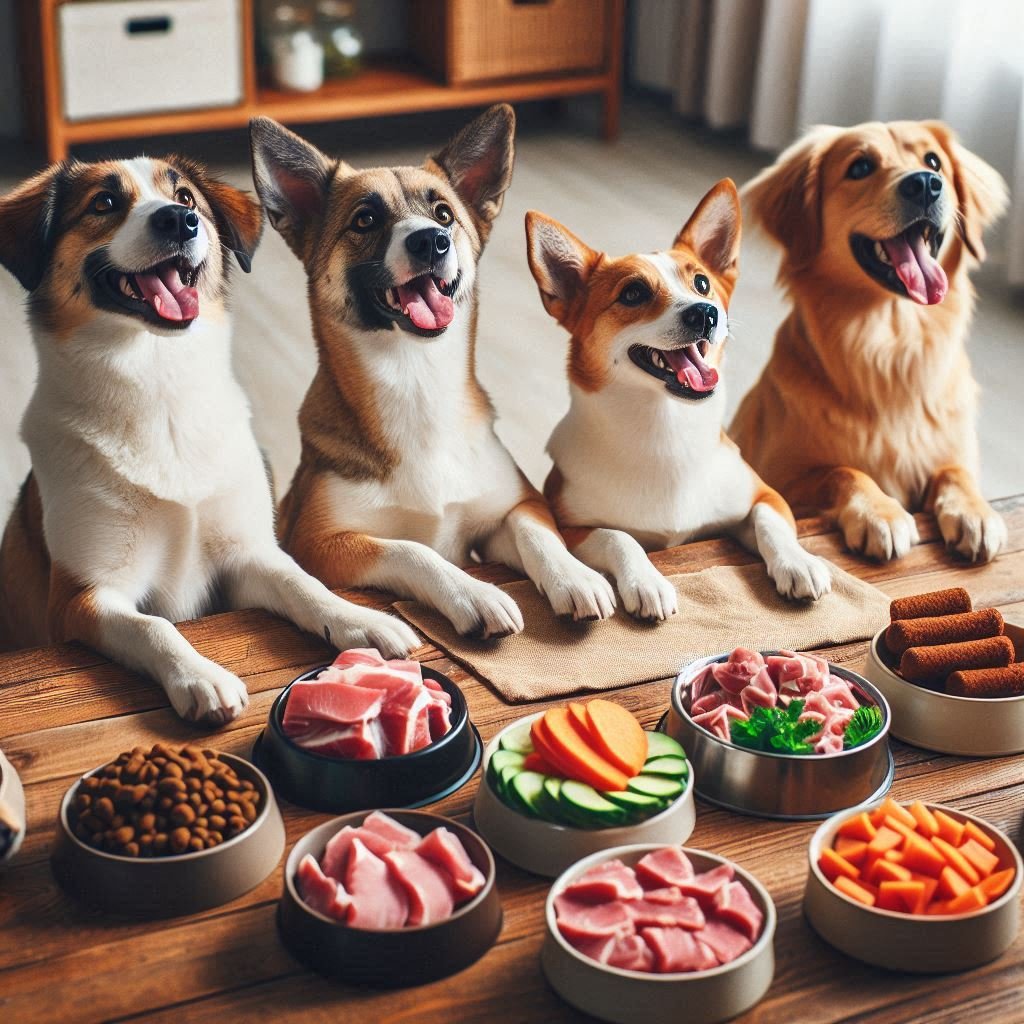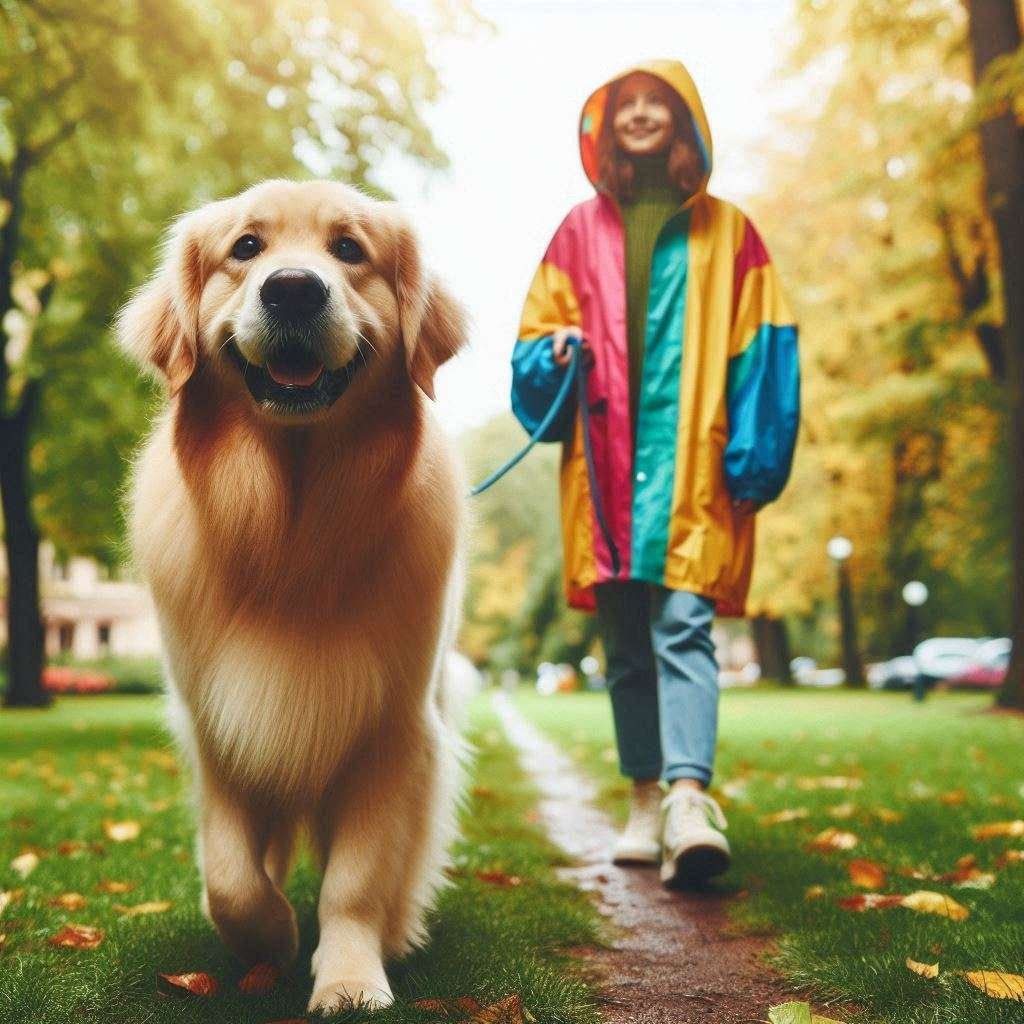Do you need help deciding whether feeding dogs raw meat is a good option? Do you want an expert opinion on bacteria in uncooked meat and whether a raw diet is dangerous for dogs? In this article, you will get all the answers necessary to make a confident and factual decision for your pet’s health and safety. and lean can dogs get E Coli from raw meat?
As a clinical veterinarian for over 5 years, I will tell you all what clinical studies have to say about raw meat bacteria, E coli in dogs, its symptoms, and how to prevent E coli in dogs.

What is E. coli?
Escherichia coli (E. coli) is a harmless bacterium that normally lives in the intestines of humans and animals. It is also found on animals’ skin and in the general environment. However, some strains can cause extreme sickness in both humans and animals.
If E. coli reaches body parts other than the intestines, it can cause severe infections. Humans can get STEC infection if exposed to it for a long time. This infection can last 5 to 7 days, leading to diarrhea, urinary tract infections, respiratory illness, and pneumonia. Rarer and more severe strains of STEC infection can lead to blood clotting and kidney failure that can eventually lead to even death in some cases.
However, the most commonly reported harm of E. coli in dogs is that it causes urinary tract infections. However, it should also be noted that no studies claim that it does not affect any other functioning of a dog’s body. It can potentially disturb and infect virtually any system of a dog’s body.
While many strains of E. coli are harmless and part of normal gut flora, pathogenic strains can lead to significant health problems.
Let’s have a look at the diseases that E. coli can cause in dogs
Gastrointestinal Infections
E. coli is a common cause of gastrointestinal infections in dogs, leading to symptoms such as diarrhea, vomiting, and abdominal pain. These infections can be particularly severe in puppies or immunocompromised dogs.
- Enteritis
Inflammation of the intestines caused by E. coli can result in enteritis. Symptoms include watery or bloody diarrhea, lethargy, and decreased appetite.
- Hemorrhagic Gastroenteritis (HGE)
Some E. coli strains can cause severe hemorrhagic gastroenteritis; symptoms include sudden onset of vomiting and bloody diarrhea, leading to rapid dehydration.
Urinary Tract Infections (UTIs)
E. coli is one of dogs’ most common bacterial causes of urinary tract infections (UTIs). In more severe cases, UTIs can affect the bladder, urethra, and even kidneys.
- Cystitis
Infection of the bladder causes frequent urination, straining to urinate, blood in the urine, and discomfort.
- Pyelonephritis
A more severe infection that ascends to the kidneys, causing fever, pain, and systemic illness.
Septicemia (Blood Infection)
In severe cases, E. coli can enter the bloodstream, causing septicemia, a life-threatening condition where the body’s response to infection causes widespread inflammation and organ dysfunction.
Symptoms include fever, lethargy, rapid breathing, pale gums, and shock. Puppies, elderly dogs, and those with weakened immune systems are at higher risk for septicemia.
Pneumonia
E. coli can cause bacterial pneumonia in dogs, particularly in those with compromised immune systems or pre-existing respiratory conditions.
Symptoms include coughing, difficulty breathing, fever, and lethargy. Bacterial pneumonia is diagnosed using chest X-rays, blood tests, and a culture of respiratory secretions.
Pyometra
Pyometra is a severe uterine infection that commonly affects unspayed female dogs. While not caused exclusively by E. coli, the bacteria often play a significant role.
- Open Pyometra
The cervix is open in this condition, allowing pus to drain out. Symptoms include vaginal discharge, lethargy, fever, and loss of appetite.
- Closed Pyometra
The cervix is closed in closed pyometra, causing the uterus to fill with pus. This condition is more dangerous and can lead to systemic infection and shock.

Can Raw Diet Cause E Coli in Dogs?
“How do dogs get E. coli?” Years of medical research and experts’ opinions worldwide have found one common reason for E. coli in dogs: feeding dogs a raw diet.
E. coli can be transmitted to dogs most commonly through poor hygiene practices, i.e., using the toilet or handling food contaminated with fecal material, including uncooked meat. When dogs excrete resistant bacteria into the environment and home, there is the potential for these bacteria to be passed on to others.
While a raw diet is the main contributing factor to E. coli in dogs, not having enough colostrum while growing up is another important factor contributing to dog infections; hence, it cannot be ignored completely.
If the mother suffers from an E. coli infection, the bacteria will also pass through to the puppies in her uterus. This is more common in overcrowded shelters with low hygiene levels.
Symptoms of E. coli in Dogs
Now that we know E. coli and why it is so prevailing in dogs, let’s look at some of the symptoms that will help you Identify if your furry friend is going through a bacterial infection linked with E. coli:
- Diarrhea
- Vomiting
- Abdominal Pain
- Cold Body
- Bloody Urine
- Licking Genitals
- Nasal and Vaginal Discharges
If your dog exhibits any of these severe symptoms, it is recommended that you seek immediate veterinary care. Early diagnosis of bacterial diseases will help prevent further complications and will also improve your dog’s prognosis.
How to Prevent and Treat E. coli in Dogs?
Proper food handling and safety practices, such as cooking meat thoroughly, keeping dog utensils separate, and washing them after every use, can prevent E. coli in dogs. Providing your dog with bacteria-free water is another good way to prevent inflammation, as E. coli can also spread in dogs via contaminated water.
Ciprofloxacin belongs to a group of antibiotics called fluoroquinolones. These antibiotics treat various bacterial infections in humans and animals. The World Health Organization classifies them among the highest-priority critically important antibiotics for treating E. coli-related diseases in dogs.
Conclusion
In summary, dogs and cats have an instinct to groom their genitals, which is the main source of E. coli in dogs. Although raw meat and diet also contribute to inflammation in dogs, their contribution is much less than that of grooming.
The risk of E. coli from raw food can be eradicated by properly cooking it, providing clean water, and maintaining good hygiene.
Always ensure your dog gets frequent vet visits and keeps its health in check. A healthy dog has a lower chance of contracting diseases from E. coli.
FAQs
Can E. coli Kill Dogs?
Yes. Severe cases of E. coli in puppies can result in death if they don’t get immediate medical help.
Can Dogs Get E. coli from Water?
Yes, drinking contaminated water can increase your dog’s chances of E. coli-related health conditions.
Can a Human Get E Coli from a Dog?
Yes. Humans can also contract E. coli-related diseases from their furry friends. That’s why it is recommended to keep dogs’ bowls and utensils separate from regular kitchen items.


